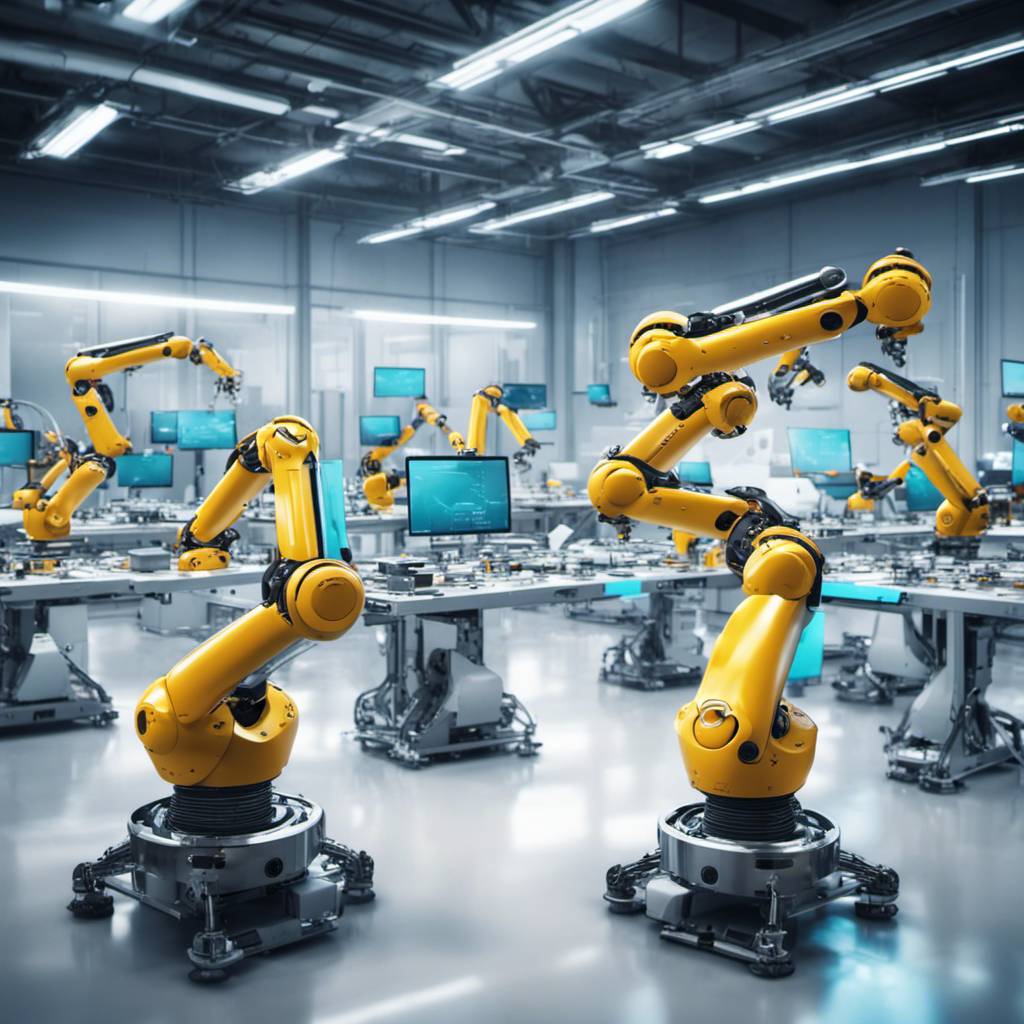The Fourth Industrial Revolution, or Industry 4.0, is rapidly transforming the manufacturing and logistics sectors through the introduction of advanced technologies such as Robotics, Mobility, Artificial Intelligence (AI), and Machine Learning (ML). These technologies hold the potential to create safer working environments and streamline operations, thereby significantly boosting efficiency.
The realm of Industrial Robotics and Mobility encompasses robots, cobots, and autonomous systems performing a variety of tasks within industrial warehouse environments. These technologies are being harnessed to automate tasks that are repetitive, hazardous, or require high precision. This includes functions such as welding, assembly, painting, packaging, sorting, and quality control across diverse industries.
On the other hand, Mobility focuses on the transport of goods and people. Given the exponential growth of e-commerce and the increasing demand for faster, more accurate, and efficient logistics, Mobility has become a crucial component of the industry. This is evident in the innovation and demand surrounding autonomous vehicles, cranes, shuttles, and Autonomous Storage and Retrieval Systems (ASRS).
The rise of these technologies has also resulted in significant growth in the software systems and programming languages required to operate these solutions. Industrial Robotics and Mobility have paved the way for safer working environments while enhancing productivity.
For those interested in pursuing a career in this field, there are a plethora of engineering disciplines to choose from. These include Mechanical, Electrical, Electronics, Mechatronics, Embedded Systems, and Computer Science. Some Bachelor’s degree programs even offer specializations in AI and ML.
Universities worldwide are now offering Master’s and Doctoral courses in Robotics. Beyond technical knowledge, essential competencies for this field include analytical and systems thinking, strong computational skills, complex problem-solving abilities using an interdisciplinary approach, aptitude for lifelong learning, good communication skills, and the ability to work in cross-functional teams.
A career in Industrial Robotics and Mobility offers a wide range of opportunities. These roles involve designing and coding robots and mobility systems, maintaining and repairing them, and managing their operations. Designers and programmers are tasked with the design and development of these systems, while technicians handle maintenance and repairs. Engineers use software programs to ensure smooth operation.
Candidates with relevant educational backgrounds, technical knowledge, and project experience can find work in system integration, application development, quality control, manufacturing, and R&D. Potential job titles include robotics programmer, robotics designer, systems engineer/architect, QA/testing engineer, and product designer.
With applications spanning across industries such as automotive, aerospace, defence, manufacturing, pharmaceuticals, agriculture, food processing, e-commerce and warehousing, the demand for skilled engineers is on a steady rise. However, keeping up with the dynamic nature of the industry poses a significant challenge.
Continuous research and innovations necessitate professionals to stay abreast with current trends. Short courses, seminars, and workshops focused on new technologies play a crucial role in keeping professionals relevant in this fast-paced industry. As Industry 4.0 continues to reshape manufacturing and logistics industries worldwide, it is certain that Robotics and Mobility will play a pivotal role in this transformation.
